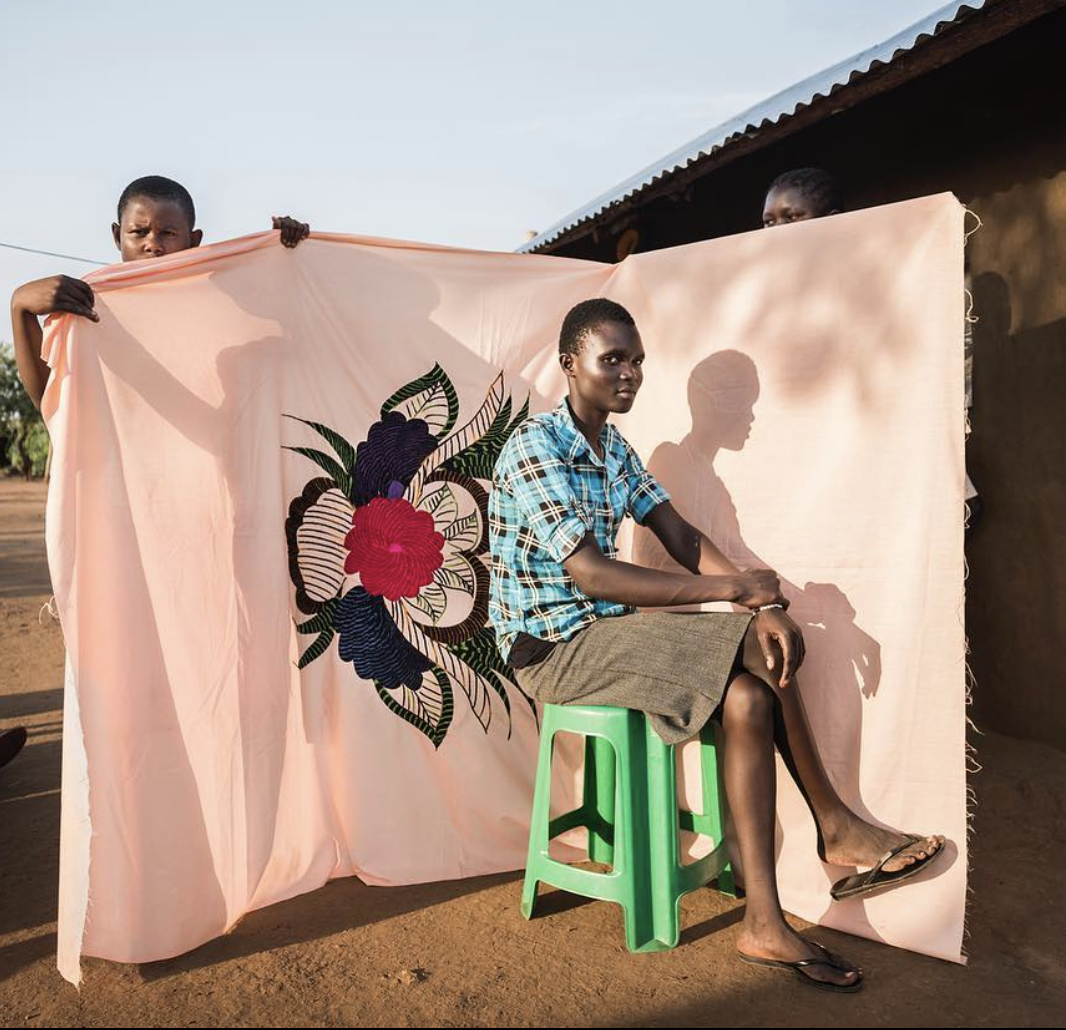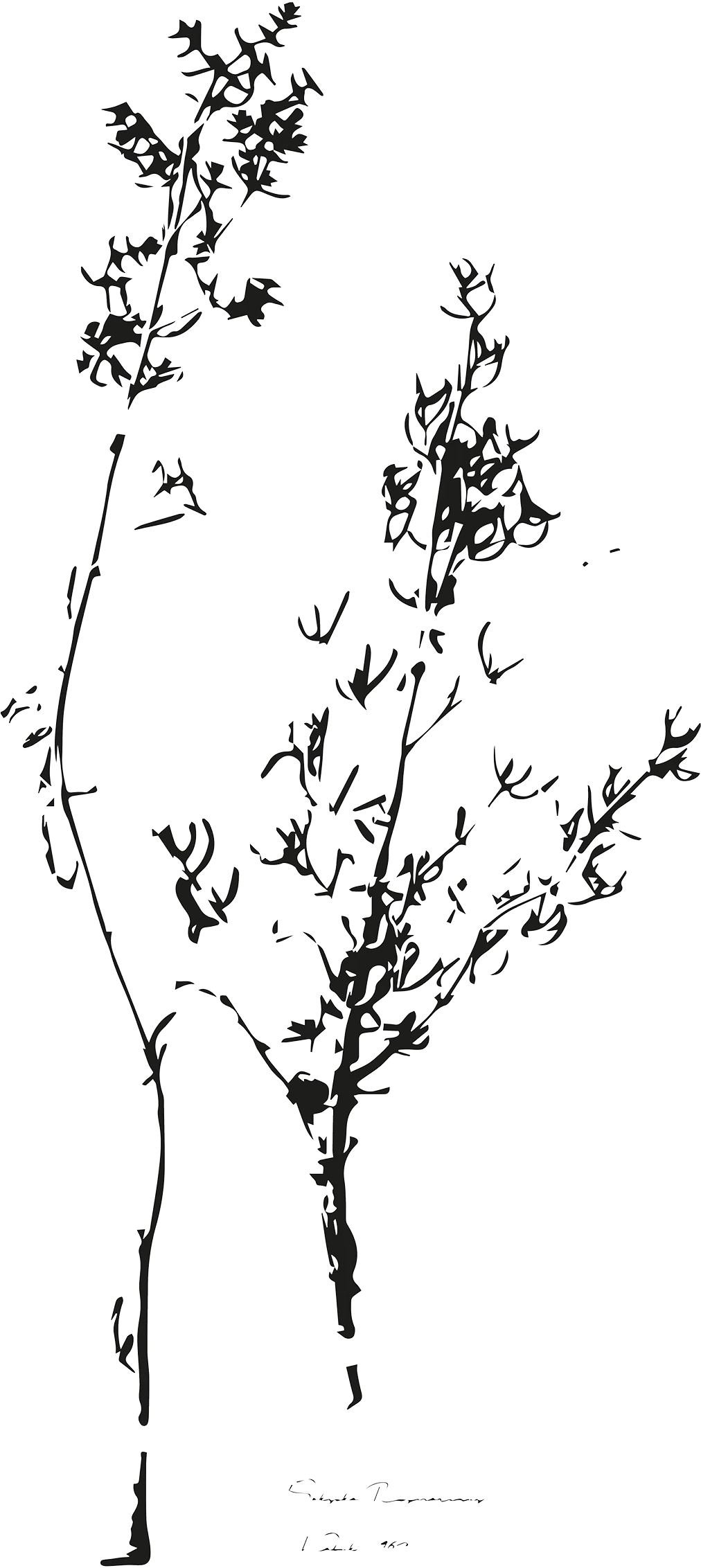THE STORY
THE CONTEXT
The civil war in South Sudan has displaced more than two million people. Many of those forced to leave their homes walked for days or weeks carrying embroidered sheets decorated with swirls of flowers, trees, and animals, known as milayas. Before the war these milayas were used for dowries and celebrations, but now, after years of violence, they held the refugees’ last possessions. Today, in Bidibidi, the second largest refugee camp in the world, women continue to sew milaya. They’re hung at church on Sundays, and decorate funerals and weddings.

THE DESIGN
This runner was created by four women: Grace Yeno, Mary Diku, Jane Asana and Charity Yangi. We asked them to reinterpret the traditional milaya and decorate this runner with the different ingredients they like to use in cooking. The result was this collection of colourful and unique take on ingredients embroidered onto a natural ecru linen base. This piece can be used to dress up a table, bed or wall.










